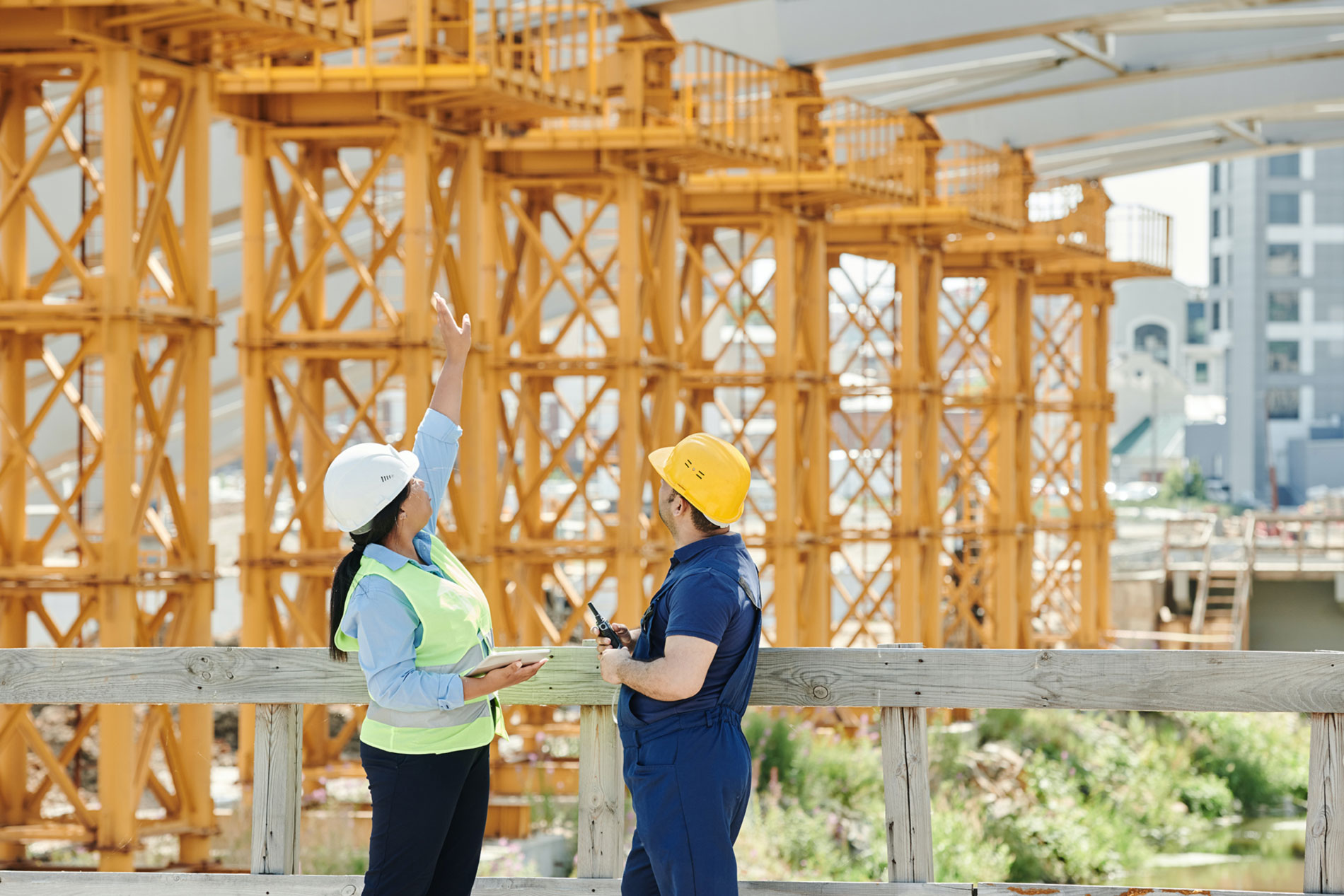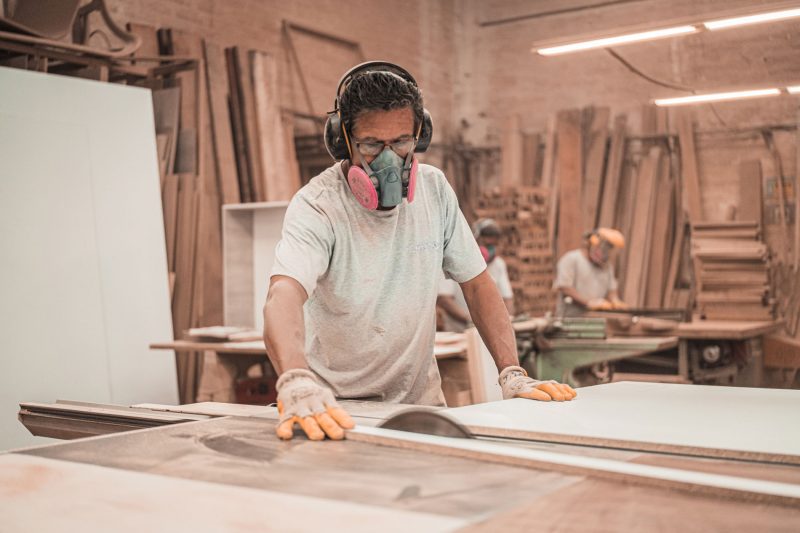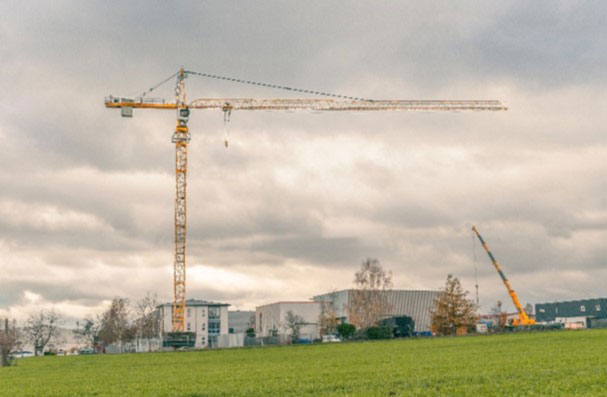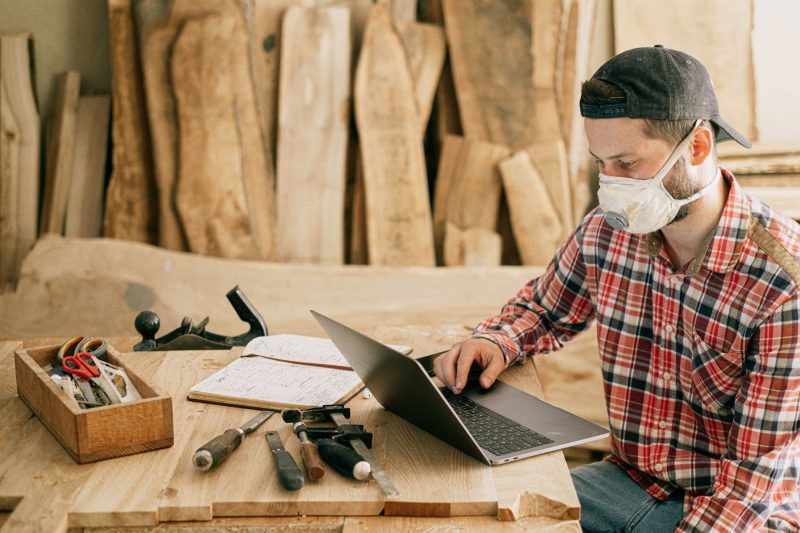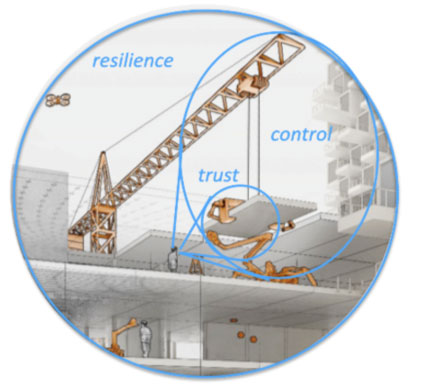Workshop #1 – Ways of Robust Automation
Chairs
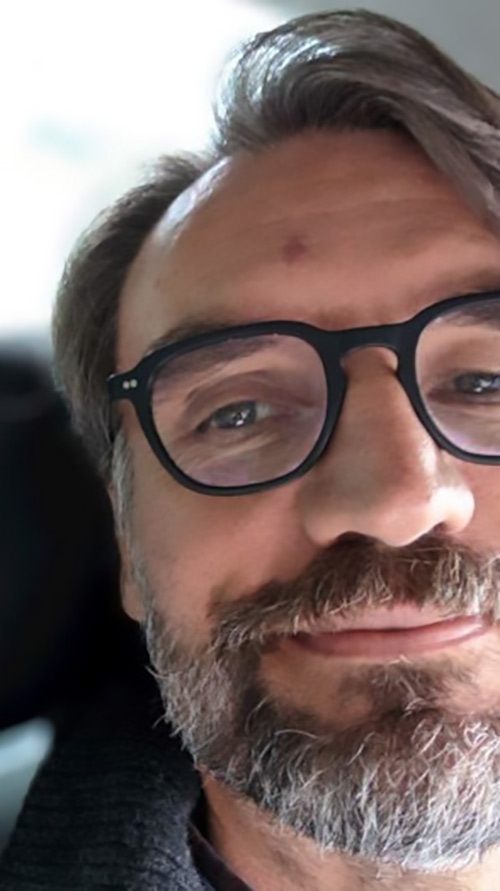
https://www.ntnu.edu/employees/thomas.berker
Thomas Berker* is professor in Science and Technology Studies at NTNU’s Centre for Technology and Society. Originally trained as sociologist, his career as researcher started with studies of technology end-use, and has from there moved to questions of technology design and participation. More recently he has become fascinated by infrastructures, small and large: what they “do”, how they change and can be changed. Much of his research during the last 15 years has been conducted in close collaboration with engineers and architects, often with a focus on sustainability and the built environment. His preferred methodological approach is qualitative and participative and theoretical tools he found particularly useful in his work are symbolic interactionism, actor-network theory and social practice theory.
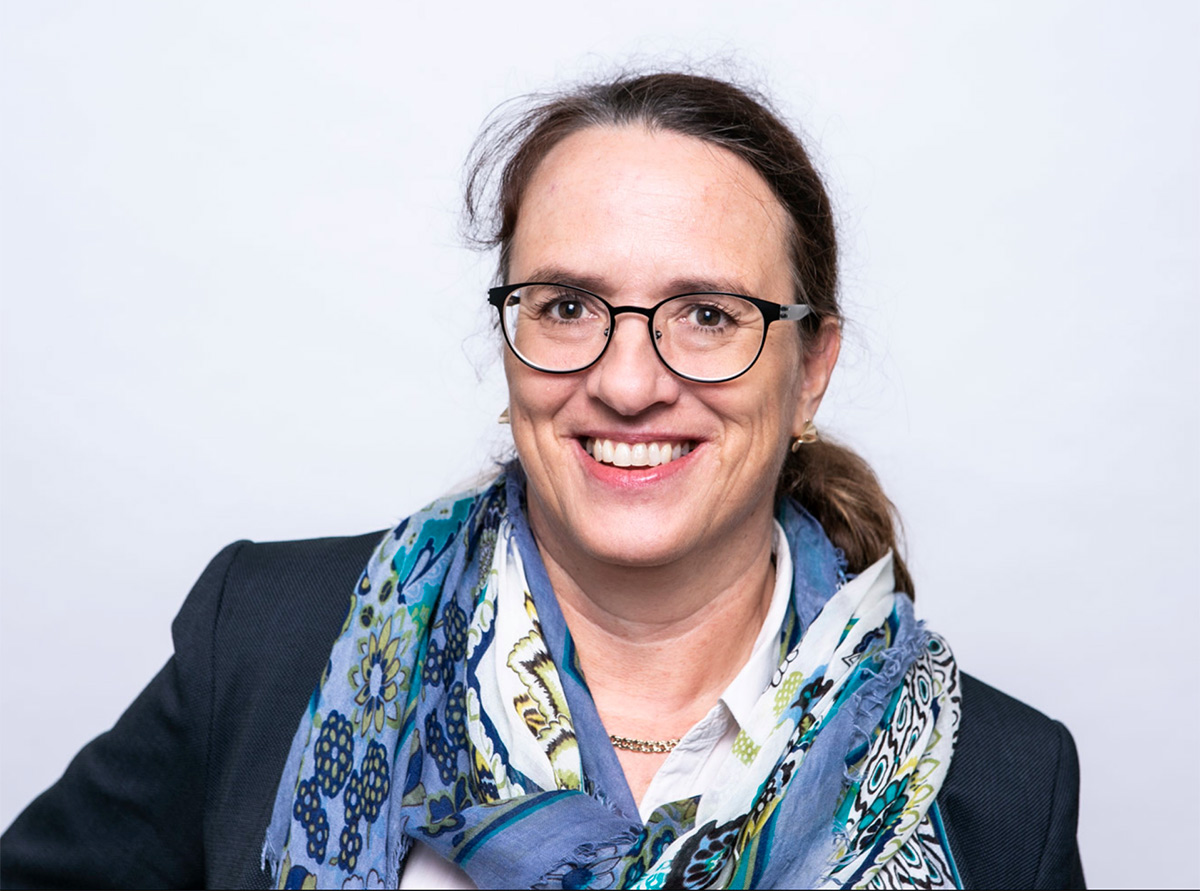
www.sowi.uni-stuttgart.de/institut/team/Kropp/
Cordula Kropp holds the Chair of Sociology of Environment and Technology and is Director of the Centre for Interdisciplinary Risk and Innovation Studies at the University of Stuttgart (ZIRIUS). Cordula is an expert in science-technology-studies and is interested in the continuous reconfiguration of sociotechnical arrangements: What are the implications of data, computers, infrastructures and machines communicating more than the workers do? And what scope for co-design can social actors open up in order to shape the socio-technical constellations of the future in a socially just and ecologically sustainable way?
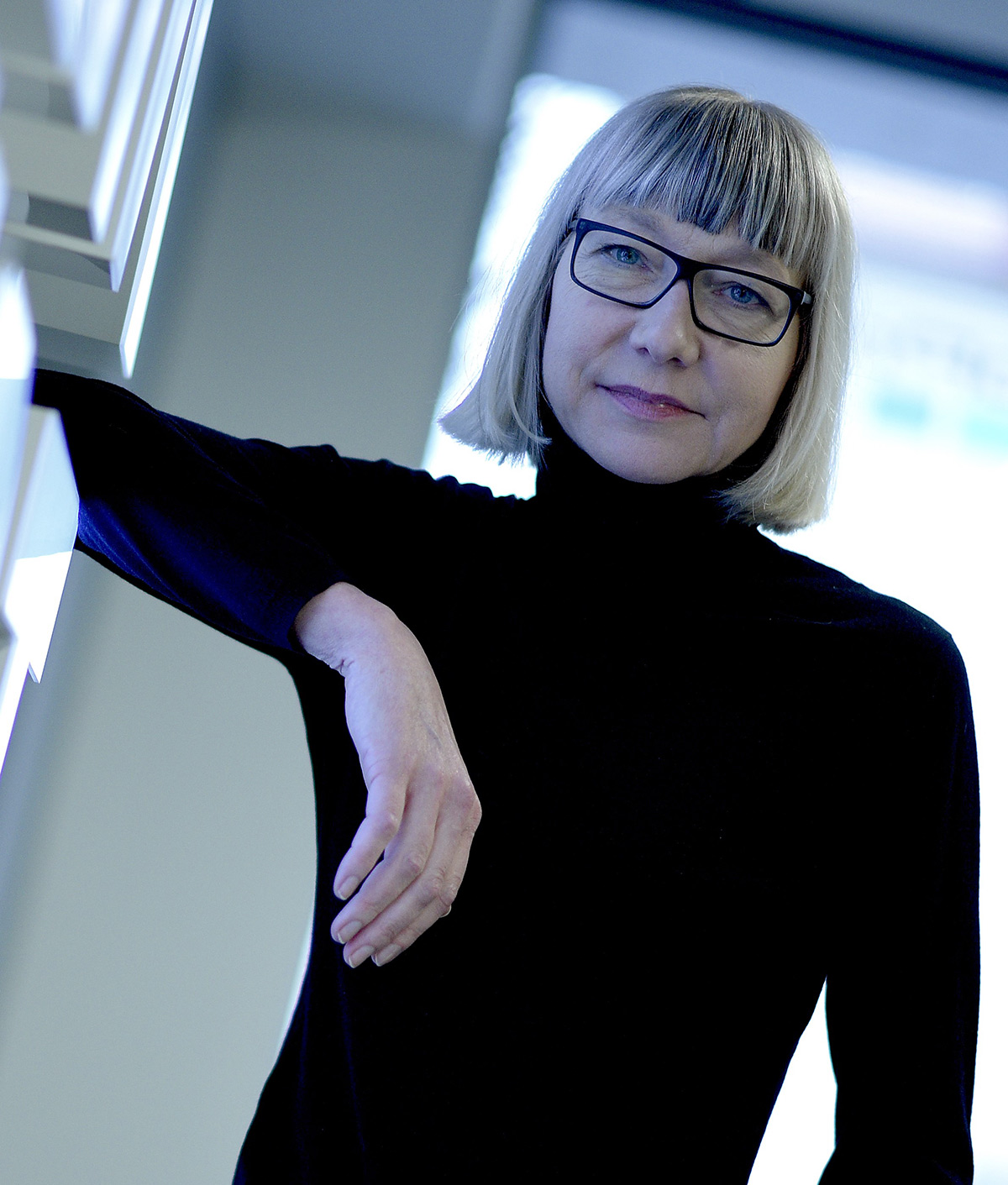
Sabine Pfeiffer is professor for Sociology (Technology – Labour – Society) at Nuremberg Campus of Technology (NCT) of Friedrich-Alexander-Universität Erlangen-Nürnberg. As a sociologist of work her research focus lies within the field of the digitalization of work and labour. She has been conducting more than 30 research projects focusing on the role of human labour for and within technological change, doing research within different industries (e.g. manufacturing, automotive, software engineering). Sabine Pfeiffer is member of the scientific board of the German research platform „Industrie 4.0“ and speaker of the DFG Priority Program 2267 „Digitalisation of Working Worlds”.
Workshop #1 – Ways of Robust Automation
Many hope that further automation of manufacturing, prefabrication, construction, and assembly will relieve the burden on employees, counter the shortage of skilled labor and increase productivity. At the same time, many questions remain to be clarified: What are the organizational requirements, necessary competencies, suitable interfaces to fulfill these hopes? How can robust and trustworthy systems be designed that sustainably provide secure and safe functions? Which formats of human, machine and hybrid control stand the test of time? And how do they have to be created in order to enable job satisfaction and to promote learning? In the autumn school, we explore these questions from different perspectives and invite PhD students to present research use cases, exchange observations, and jointly deepen theoretical, methodological, and empirical findings.

